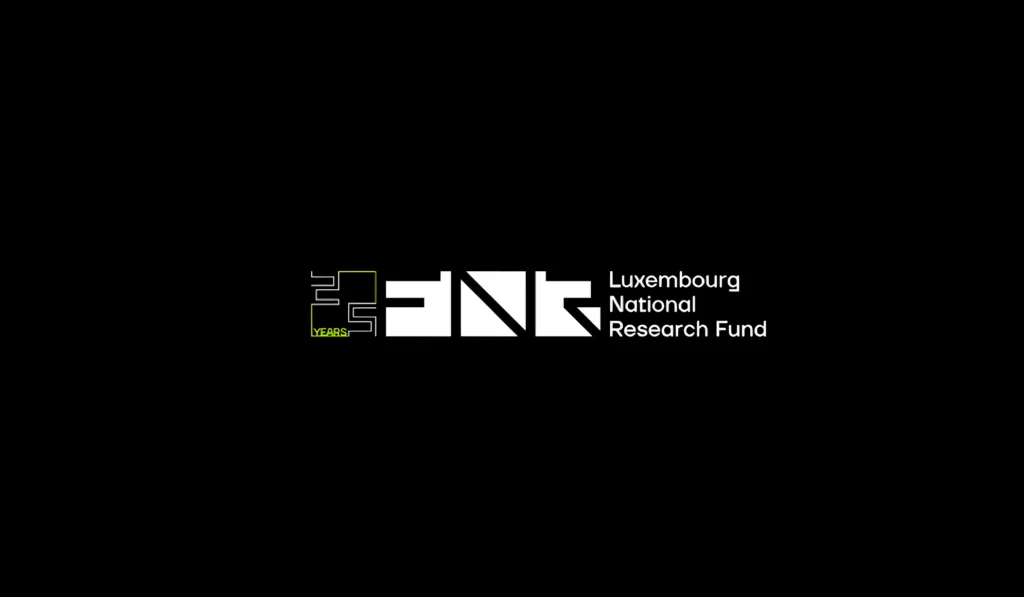Scientific work in quantum computing progressed at an exponential rate last year. Business startups responded accordingly, collaborating with several more than 170 universities with a quantum research group. Business startups have begun to flourish in the quantum industry as a result.
According to recent funding data, quantum computing startups raised over $2 billion in funding last year. Many startups spin out of a research group and maintain their relationship with them. In return, they frequently receive access to state-of-the-art research facilities and experts in the field who can provide guidance and support in developing new quantum technologies. These startups are representative of the entire quantum computing ecosystem, from quantum computing (hardware and software) to sensing and communications.
Listed below are 10 of the leading international quantum computing research centers that welcome collaboration with startups. This is by no means an exhaustive list, and to find out more information, you “you should review the fuller details in our quantum market intelligence platform.
- Institute for Quantum Computing (IQC), University of Waterloo.
The IQC is home to the first quantum key distribution (QKD) system, a technique for secure communication that relies on the principles of quantum mechanics.

In 2020, the IQC and evolutionQ announced a partnership to develop quantum software solutions for the financial sector. SandboxAQ has also benefited from cutting-edge research and talent from the IQC. Not incidentally, evolutionQ plans to integrate and distribute SandboxAQ’s Security Suite and services, as well as leverage the company’s business, product, and technical expertise.
- QuTech, Delft University of Technology.
In 2021, QuTech began collaborating with Quantum Delta NL, a Dutch public-private partnership focused on developing a quantum ecosystem in the Netherlands. The two organizations jointly announced a €23.5 million investment (USD 25.3 million) to fund the development of several quantum startups in the region. The investment helped scale up startups already developing quantum technologies and creating new startups in the field.
Last year, QuTech began working with quantum-tech start-ups Delft Circuits, Qblox, Orange Quantum Systems, and QuantWare to create a roadmap outlining what aspects of quantum technology should be standard, when they should be standardized, and where they should be standardized.
- Bristol Quantum Information Institute, University of Bristol.
University of Bristol researchers were the first to develop a silicon-based quantum chip, which has the potential to be more stable and less error-prone than other types of quantum computers. They also developed a miniaturized quantum random number generator that can be integrated into a compact chip, making it suitable for various applications, including secure communication and cryptography.
The university’s research team ultimately collaborated with NuQuantum because of their interest in quantum random number generation. The research team has also collaborated with Riverlane (quantum simulation) and PsiQuantum (fault-tolerant quantum computing).
- Oxford Quantum, University of Oxford.
Oxford Quantum enjoys 38 separate research teams and roughly 200 researchers, making it one of the world’s largest centers for quantum science. In 2021, the University spun out QuantrolOx, a startup dedicated to using machine learning to control qubits inside of quantum computers.
The Oxford lab has collaborated with several well-known startups, including QuSecure (quantum cryptography solutions), Quantum Motion (quantum computing hardware), Zapata Computing (quantum simulation and optimization), and Oxford Quantum Circuits (superconducting quantum computing).
- Center for Quantum Devices (QDev), University of Copenhagen.
QDev researchers collaborated with Microsoft Quantum Lab on research on engineered topological superconductors and their potential use in topological quantum computing during the time that QDev hosted Microsoft Quantum Lab (2018–2021).
Today, The center’s research focuses on the electronic and quantum phenomena of hybrid nanostructures made of semiconductors, superconductors, and ferromagnetic insulators. Investigating solid-state qubit development as potential candidates for the core component of future quantum computers takes up a significant portion of the effort.
QDev has previously collaborated with Infleqtion (atom-based qubits), IQM (superconducting qubits), and SeeQC (cryogenic electronics for quantum apps).
- Center for Quantum Computation and Communication Technology (CQC2T), University of New South Wales.
Center researchers were instrumental in the establishment of three Australian quantum information technology companies: Silicon Quantum Computing in 2017, QuintessenceLabs in 2007, and Aqacia in 2020. These companies collaborate closely with the Center, allowing for the commercialization of Center research. In 2018, the Center also collaborated with control engineering company Q-CTRL.
Encompassing a team of more than 200 researchers across seven Australian universities, CQC²T constitutes one of the world’s most significant research efforts in quantum computing.
The goal of CQC²T is to create quantum processors in silicon, optical, and hybrid platforms by integrating quantum hardware with algorithms, architectures, and software; logical qubits with error correction for universal quantum computer prototypes; and scalable error corrected quantum communications and quantum networks.
- Institute for Quantum Optics and Quantum Information (IQOQI), University of Innsbruck.
The IQOQI is developing the next generation of parametric amplifiers for quantum technologies. The Institute has significantly contributed to the quantum optics and quantum information field partly due to Dr. Anton Zeilinger’s leadership. The 2022 Nobel prize winner in physics demonstrated the first quantum teleportation of a light particle at the IQOQI. Not surprisingly, Canadian company Xanadu selected to collaborate with IQOQI to create photonics quantum hardware.
- Swiss Quantum Initiative (formerly the University of Basel)
In 2020, the University of Basel’s quantum research team collaborated with a startup named ID Quantique. The partnership resulted in a commercial version of the QRNG, which companies, governments, and research institutions worldwide now use. It appears that collaborative efforts will be headed by the new Swiss Quantum Initiative. Previous Swiss quantum research efforts have centered around quantum communication protocols and hardware for secure communication and building new types of quantum sensors.
- Joint Quantum Institute (JQI): The University of Maryland.
The JQI Developed the first “qubit” made from a single electron trapped in a semiconductor, which is now a standard architecture for building quantum computers. It has also discovered new forms of quantum matter and demonstrated quantum teleportation.
In 2019, JQI researchers Alexey Gorshkov and Michael Gullans co-founded IonQ, which specializes in building quantum computers using trapped ions.
The researchers have also worked with Zapata Computing on developing new techniques for simulating chemical reactions on quantum computers.
- Center for Quantum Engineering (CQE), Massachusetts Institute of Technology
MIT quantum researchers have a history of working closely with IBM’s quantum computing team to design and optimize the qubit architecture. The research team has close ties to the MIT startup ecosystem, including the Martin Trust Center for MIT Entrepreneurship.
MIT researchers have a strong history of commercial collaboration. Zapata Computing was founded by several MIT researchers and received funding from the MIT Sandbox Innovation Fund. In addition, Infleqtion (formerly ColdQuanta), licensed technology from MIT to develop cold-atom quantum computing. Today, commercial collaborative efforts are headed by the MIT Center for Quantum Engineering.
If you found this article to be informative, you can explore more current quantum news here, exclusives, interviews, and podcasts.















